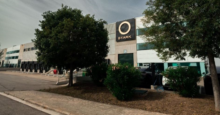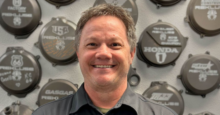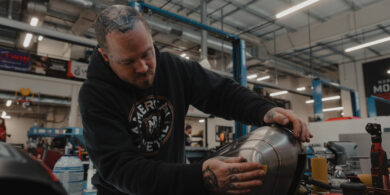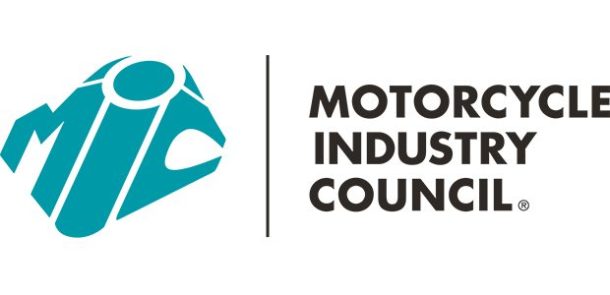Maybe you should grow strawberries
 Whether anyone believes it or not, the Great Recession is over, and the economy is recovering. American GDP is back to record levels; the unemployment rate is at the lowest levels in 5 years, and despite brinkmanship at the Capitol, fears that the U.S. might start defaulting on loans have been eased, if only for a few months.
Whether anyone believes it or not, the Great Recession is over, and the economy is recovering. American GDP is back to record levels; the unemployment rate is at the lowest levels in 5 years, and despite brinkmanship at the Capitol, fears that the U.S. might start defaulting on loans have been eased, if only for a few months.
The businesses that have survived are now starting to find their place in the market. General Motors, despite giving up the world #1 spot in 2008, took it back in 2011 with help from the federal government (it has since given up the #1 to Toyota again, but the company said in a release it is no longer solely focused on achieving #1) and Ford, which teetered on the bankruptcy line has since returned to its place near the top.
But companies like Sharp, who made their name in consumer electronics (though originally they made mechanical pencils), haven’t fared as well, comparatively. During fiscal 2011 and 2012, the company reported $9 billion in net losses within a market that is generally thought to have grown over the past five years.
Common business strategy when your company is coming $9 billion under budget would be to divest interests that don’t relate to the company’s core business, redirect investment from secondary businesses back towards main profit centers, and recapture the markets that made your company successful. Market volatility and lower R&D means a company that diversified to secure itself through recessions must run leaner and contract on the most successful products to weather the storm.
Farming in the desert
Instead, Sharp decided to invest in growing strawberries. But not just anywhere; Sharp is improving the way strawberries are grown in Dubai. Why? Because the company says the potential market is huge.
Japanese strawberries fetch a high price in overseas markets like the Middle East, but getting them there is a little difficult. Strawberries don’t like to stay fresh for very long and transporting them from Japan to the Middle East means a certain portion of the crop will be lost due to spoiling. Reducing the distance between the origin and the potential market makes production cheaper and profits greater.
Sharp is using the opportunity it has to utilize its current portfolio of technologies, from controlled lighting LEDs to air and climate monitoring equipment, to position itself as the company providing the tech necessary to power the needs of such a facility. The Plasmacluster Technology employed in the test facility monitors air quality and reduces the amount of germs and mold in the air, along with other equipment manufactured by Sharp, to maintain conditions necessary to grow delicious strawberries in inopportune conditions.
Getting fresh produce to affluent costumers in the far-flung corners of the world isn’t a grave issue. But the future potential it has for Sharp’s profits are huge.
Solving a global crisis
The population is growing and a major problem the world will have to face in the future is feeding all of those billions more people. Land is a finite resource, and arable land is a major commodity.
But if one company can supply ready-to-order facilities that allow all kinds of foods, like corn, rice and wheat, to be grown in disparate regions throughout the world, the profit potential is tremendous.
Recognizing the market, and knowing when to make the move to fill the demand, could bring Sharp back to a period of profitability. It could also spell disaster to a company that has been laying off staff, slashing managerial pay and bonuses and making further cuts all the way down the line.
Recoup and recovery
Sharp is already six months into its prepared recovery and growth strategy that only targets 2013 as a rebuilding year and 2014-15 as the medium-term targets for growth, but it has started to turn around those major losses. The second half of 2012 realized a surplus net sales of $2.7 billion compared to the first half, meaning the company seems to be on its way to rebuilding its core market-share.
But big screen TVs might not prove to be as profitable as they once were, no matter what the company does. Customers are “cutting the cable” and more media consumption is being done on computers, tablets and smartphones rather than in the glow of a huge TV screen. Not good news for a company that leans heavily on customers sitting on the couch to catch up on their shows and movies. Making Sharp’s move a guided step in a new direction, instead of a bold leap.
Conventional wisdom says to bear down on the strongest products during a recession and look for the opportunity to expand as profits return. But Sharp’s strategy could prove an unconventional success, as unconventional as growing fruit in the desert. And unconventional ideas could help a few businesses find new profits and find strong positions to defend against the next recession.
Christopher Gerber is the associate digital editor of Powersports Business and its sister publication Boating Industry, trade magazines for the powersports and boating industries. He manages the Powersports Business website and compiles and contributes to PSB’s twice weekly e-newsletter. Powersports Business is known for its exclusive national dealer surveys and in-depth industry analysis.
Contact: cgerber@powersportsbusiness.com
Website: www.powersportsbusiness.com








